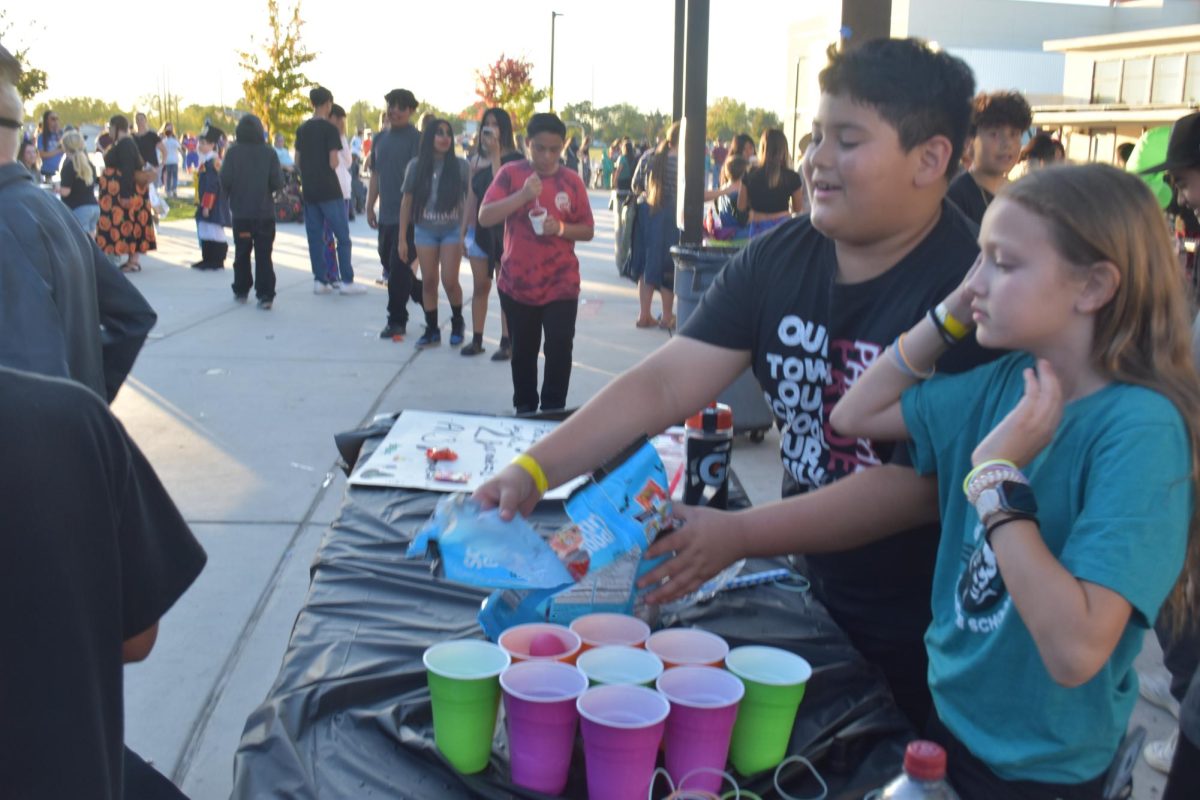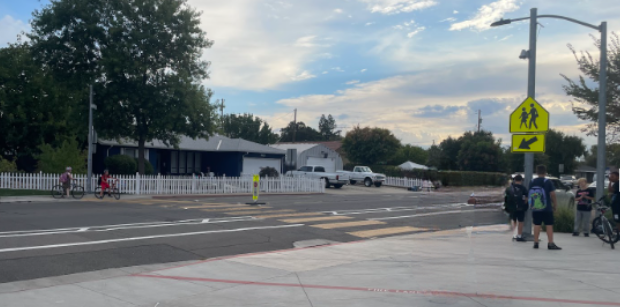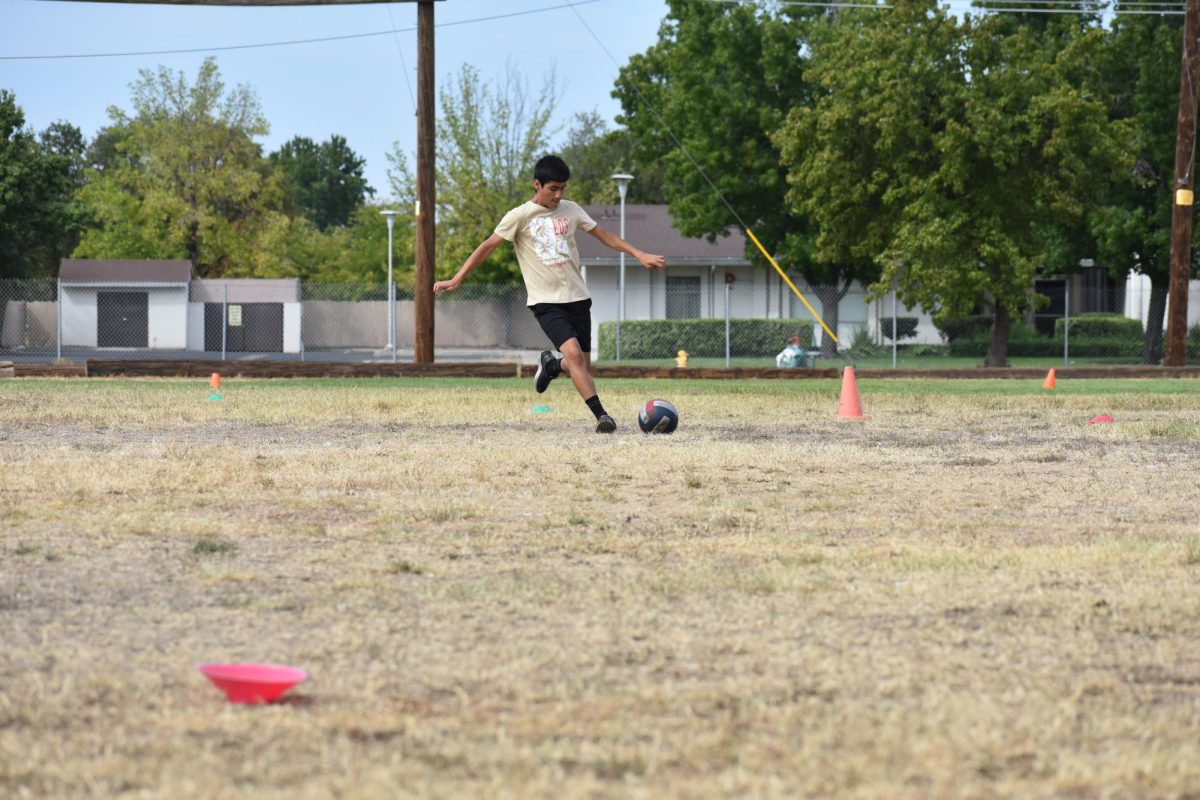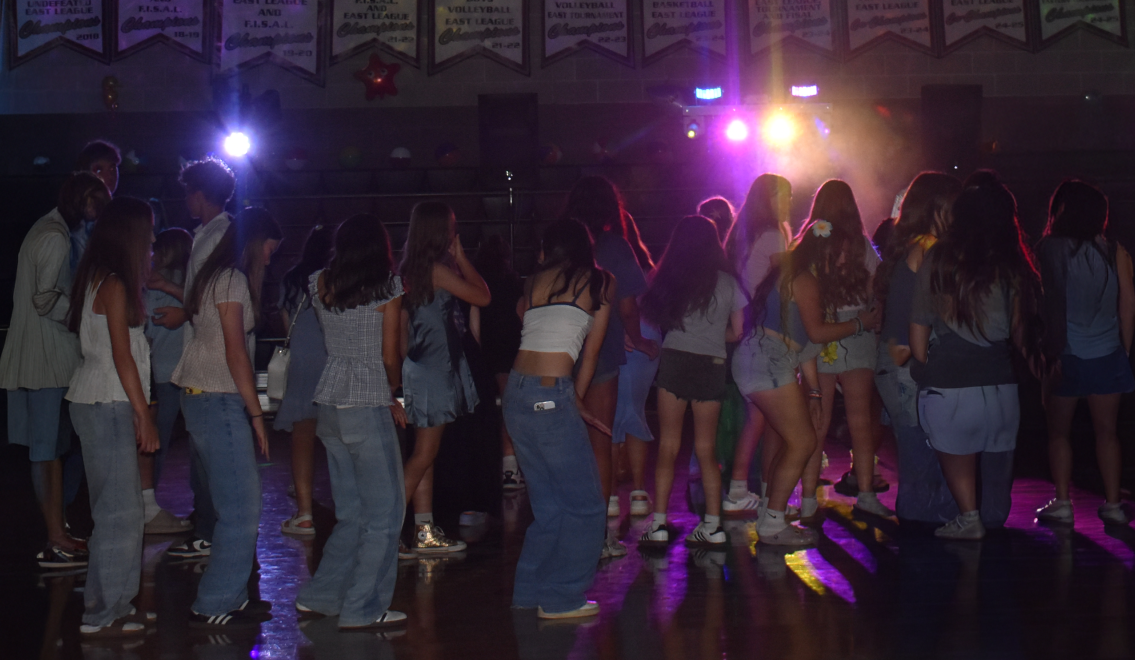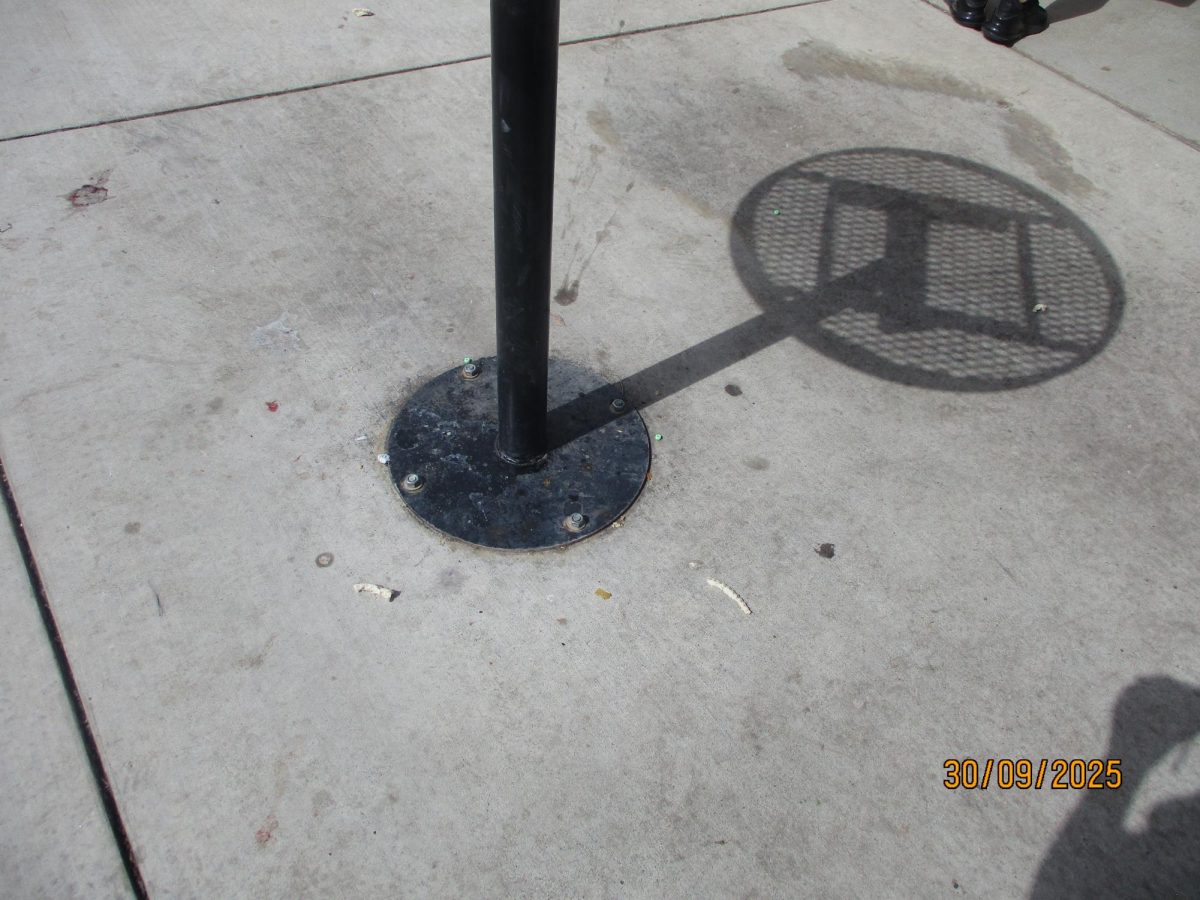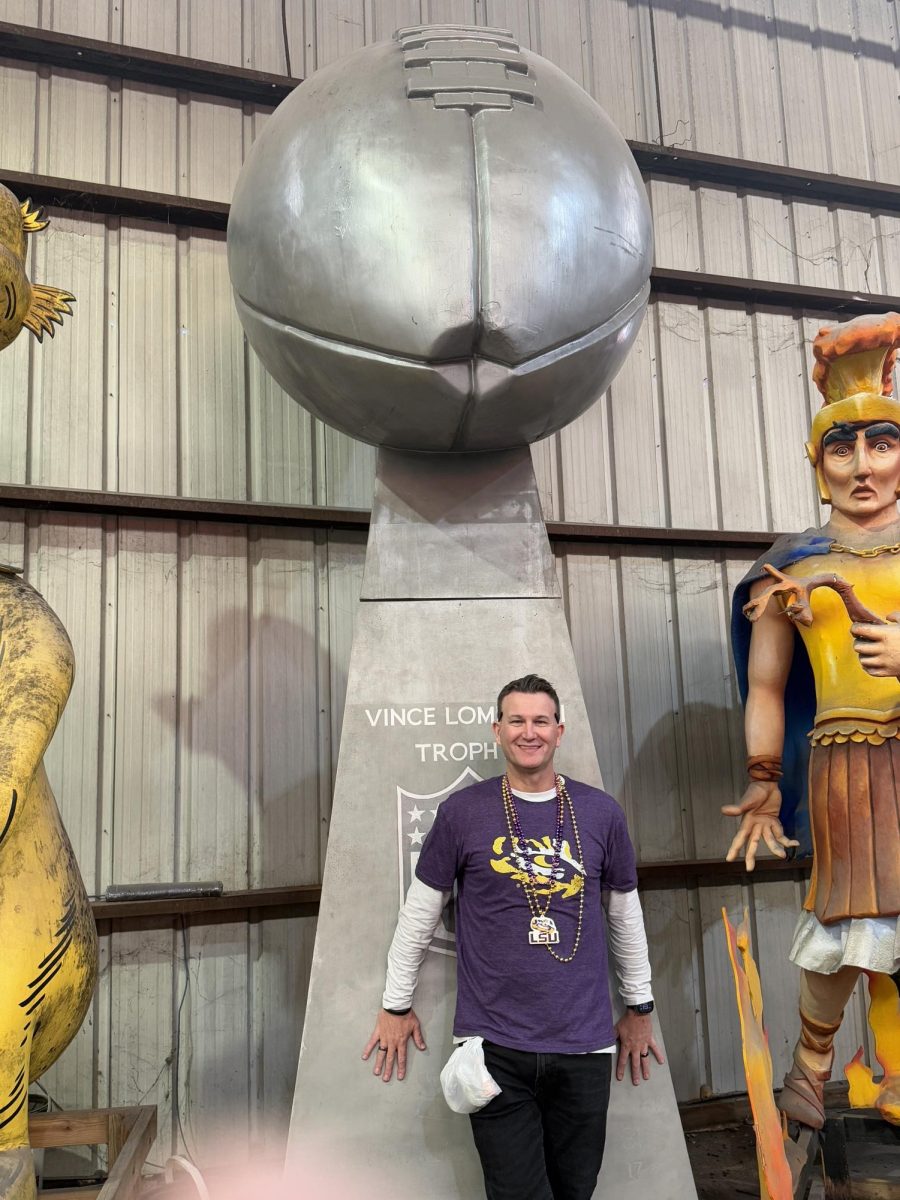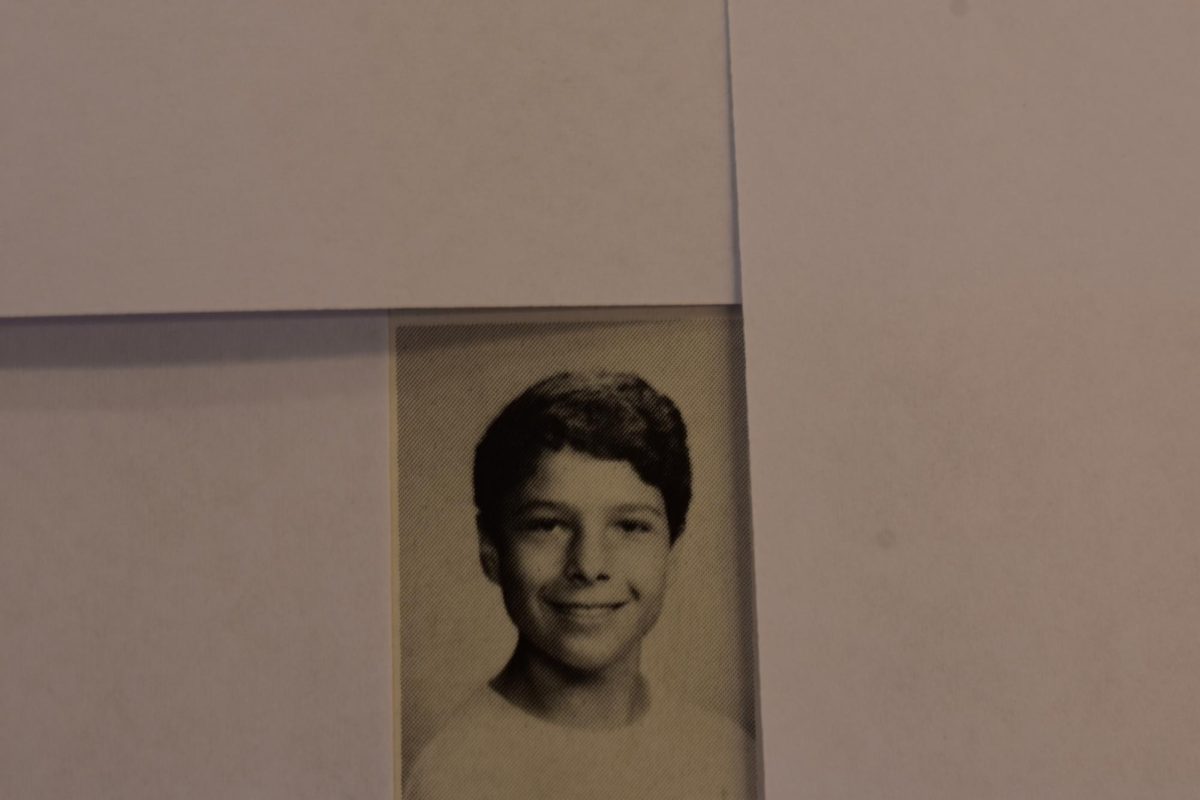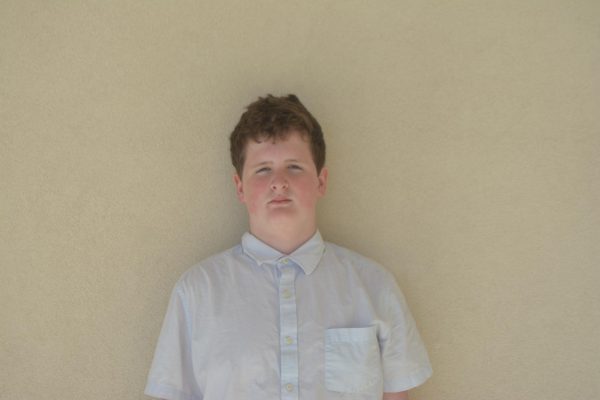Maslenitsa is a unique holiday that is practically unheard of in America, but in Russia, it’s quite the spectacle. Maslenitsa predates Christmas, originating during a time when the Slavs (Russians, Ukrainians, Hungarians, Poles, etc.) were not yet Christian. It is a weeklong festival that celebrates the end of the often harsh winters and includes rituals for a good harvest in the coming year, as well as time spent with family and friends.
The festival begins on Monday, with the traditional burning of scarecrows, symbolizing the end of winter. Tuesday is Zaigrish (Заигрыш), or “Game Day,” when villagers engage in sledding, play games, perform music, and wear masks. In 18th-century Moscow, Maslenitsa wasn’t complete without bear shows.
Wednesday is devoted to feasting and drinking, though some impoverished villages couldn’t afford much. Thursday is another day of revelry, with more games and even fistfights. Friday celebrates marriages, and on Saturday, people visit young wives. The festival culminates on Sunday with Forgiveness Day, when people ask each other for forgiveness, marking the end of the festivities.

